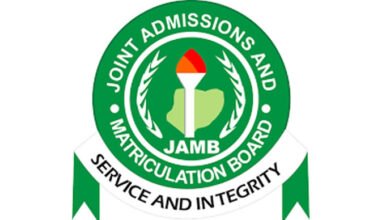Five Ways to Develop Classroom Talk in Maths

Source:https://schoolsweek.co.uk/
Mathematics fundamentally involves communication, as it encourages exploration, hypothesis, reasoning, and creative thinking. Dr. Tony Wing highlights that learning to communicate mathematically enhances mathematical thinking. Oxford University Press, in collaboration with the oracy charity Voice 21, has developed the Talk for Maths Benchmarks. These benchmarks provide teachers with practical guidance on fostering spoken math skills in the classroom, based on research and feedback from educational institutions.
Here are five tips to get started based on this work:
Plan frequent exploratory talk:Purposeful, rich talk tasks are meant to help students collaboratively explore ideas. Encourage “exploratory talk” or “messy talk,” as described by Douglas Barnes, which is hesitant and incomplete but allows students to test and organize their ideas. Make it clear to students that thinking involves internal dialogue and that exploratory talk, though uncertain, is a crucial part of understanding and making sense of information through paired or group discussions.
Use manipulatives as a tool for talk: Manipulatives and pictorial representations help students organize their thinking and bridge the gap between concrete and abstract concepts. For teachers, these tools offer insights into students’ understanding and knowledge. Thoughtful use of manipulatives reveals mathematical structures and patterns, fosters inclusive discussions, and encourages all students to engage in meaningful conversations that enhance their comprehension.
Connect classroom talk with being a mathematician:Talk fosters creativity and curiosity, essential skills for mathematicians. It not only refines individual thinking but also promotes collaborative exploration. Encourage students to use verbs like “think creatively,” “wonder,” “explore,” and “hypothesize.” Praise collaborative efforts and emphasize that this interaction is central to learning mathematics. Verbalizing their thought processes enhances students’ metacognition, helping them become more aware of their reasoning strategies and improving problem-solving skills.
Teach vocabulary explicitly:To enhance math learning, establish a school-wide approach to mathematical vocabulary that spans all phases. Develop a shared language for both staff and students and create a vocabulary progression that outlines the necessary word knowledge for understanding and discussing mathematical concepts. Include not only specific mathematical terms but also transferable words like “order,” “compare,” and “investigate.” Success depends on staff agreement and consistent implementation, so involve the whole staff or a representative working group in creating this vocabulary progression map.
Harness uncertainty to develop understanding:Encourage students to share their uncertain thinking and misconceptions as part of a collaborative learning process in math. Frame discussing mistakes as a valuable opportunity to deepen understanding and refine their thinking. This approach helps students see math as a learning process where understanding often develops from uncertainty, not just from getting answers right.
Read More:https://childreninfobank.com/safebank/five-ways-to-develop-classroom-talk-in-maths/
Image Source:https://schoolsweek.co.uk/





